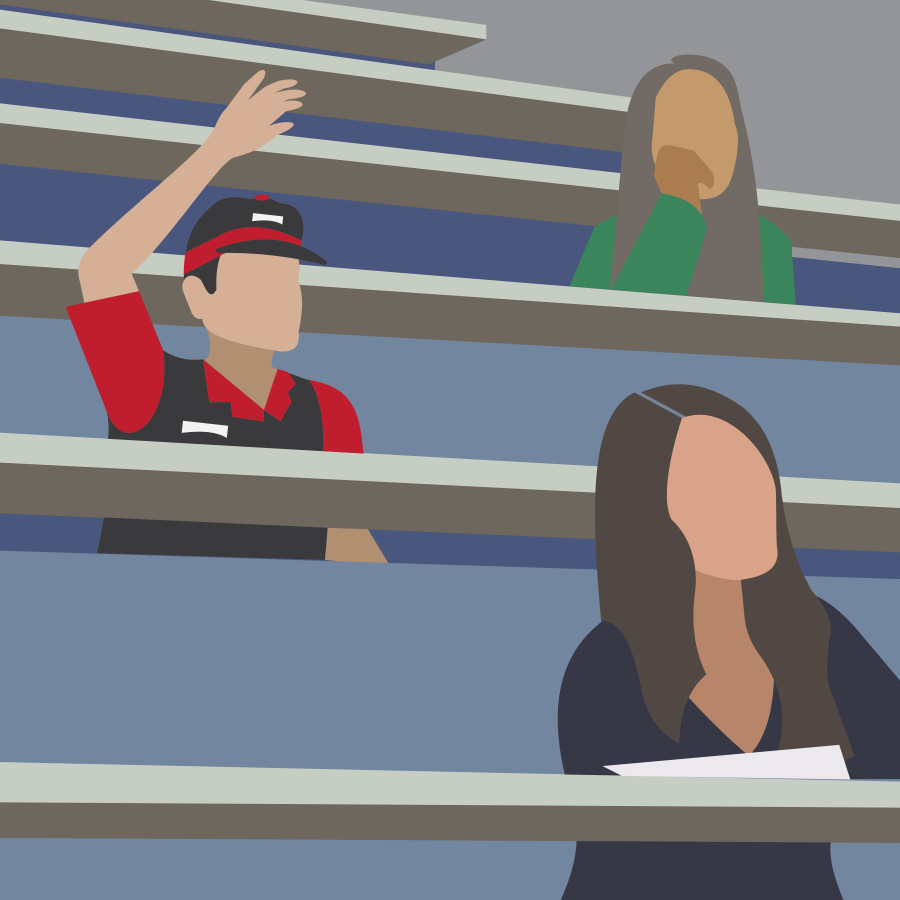According to the official UT website regarding attendance policies, “regular attendance at all class meetings is expected. Instructors are responsible for implementing an attendance policy and must notify students of any special attendance requirements.”
Just as the website suggests, UT attendance policy is largely determined at the discretion of individual professors and colleges. However, without a regulatory body, students are left with varying attendance expectations. Some drive students to make detrimental health choices and are based on classist notions that all students have similar access to resources. To solve this, the University needs to establish a uniform attendance policy.
For example, the foreign language departments at UT are infamous for their strict policies regarding attendance. Last spring, I attended my Spanish classes with a fever of 104 degrees Fahrenheit for three days before going to the doctor. Just like many other students, I delayed going to the doctor because I was more worried about the repercussions of missing school than my own health. Once I was finally able to go to the doctor, I was diagnosed with the flu.
Even though I was potentially contagious, I still had to attend class. I sank down in my seat in the back corner of my Spanish class with a mask over my face. Despite being feverish and suffering from chills, body aches, fatigue and loss of appetite, I attended class. Although a doctor’s note allows students to possibly make up missed work — depending on the professor and assignment — doctor’s visits still count toward overall absences.
Students who go over the allotted three-class absences receive a deduction of two points from their overall class grade per additional missed class at the end of the semester.
Athletic training junior Alex McCord said she has also gone to class while sick because of strict attendance policies.
“I’ve literally gone to class sick before,” McCord said. “People feel like they have to go to class, so even when they’re sick, they still go.”
Forcing students to choose between getting well and attending class because of unforgiving attendance policies shows a blatant disregard for the well-being of students, both sick and otherwise.
The logic behind having attendance policies that force students to attend class even while ill is irrational; students who attend classes while sick facilitate the spread of sickness, which can lead to outbreaks in the student body.
But who is really affected when sickness begins to spread? While some people have health insurance and can afford to visit the doctor every time they are sick, what about the people without that same access to medical help? What about those who have insurance but cannot afford their copay?
Expecting that students bring in a doctor’s note every time they are sick, even if just for one day, highlights the cultural chasm between — and the privilege of — the people who propose these guidelines and those who must follow them. The reality is that many students are not able to afford visiting a doctor every time they are sick. They must act as their own doctors and nurses in the hope of getting better. If they are not doing better in a few days, then — and only then — do they go to the doctor.
Classism and racism work as instruments of one another. The classist assumptions made by certain policies, such as the attendance policy in question, reiterate problems of inclusivity on campus and work to reinforce hierarchical systems. These policies, though meant to increase student success, have the opposite effect on those who need the most help. It could be a mistake. Or, these rules could be a reflection of their writers. The exclusion could be because these rules were not written with certain groups of students in mind.
It is time to rewrite attendance policies on campus. We must have attendance policies that support and uplift all students within the University.
Williams is an international business junior from Fort Worth.





















